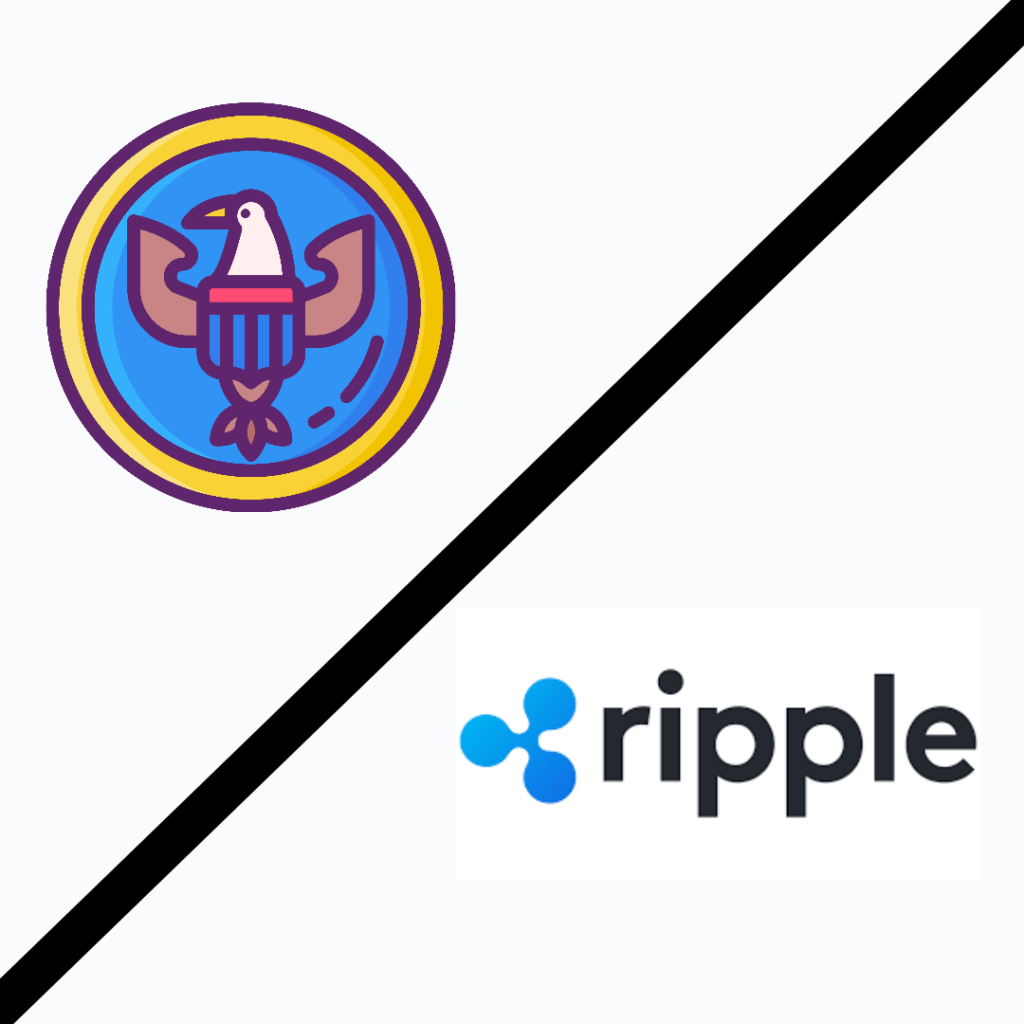5 Recent Developments in the Crypto Space
Bitcoin ETFs are edging closer, FTX is working on returning 90% of lost customer funds, Ripple is celebrating another legal victory, the UAE has launched its first Web3-focused Free Zone, and Platypus Finance loses and recovers $2.2 million in a flash loan exploit. Here are the top 5 recent developments in the crypto space.
Grayscale Vs SEC: Bitcoin ETF Around the Corner?

The battle between Grayscale Investments and the U.S. Securities and Exchange Commission (SEC) has taken a dramatic turn.
In August, the D.C. Circuit Court of Appeals ruled that the SEC’s denial of Grayscale’s application to transform the Grayscale Bitcoin Trust (GBTC) into an exchange-traded fund (ETF) was “arbitrary and capricious.” Essentially, they said the SEC’s decision didn’t make much sense and emphasized the need for federal agencies to treat similar cases consistently.
According to sources, the SEC isn’t planning to appeal the court’s decision, further fueling the possibility of a Bitcoin ETF, perhaps multiple Bitcoin ETFs, becoming a reality. The surge in Bitcoin prices by 10% in the past month reflects these bullish sentiments, highlighting the high anticipation for Bitcoin ETFs.
Grayscale, currently the largest crypto fund with $16.7 billion in assets under management, is all set for the court’s final ruling and SEC’s approval to convert GBTC into an ETF. According to JPMorgan, there is a good chance that a spot Bitcoin ETF might be approved before January 10, coinciding with the final deadline for the Ark 21Shares applications.
The approval of a Bitcoin ETF could open doors for more mainstream investors to enter the crypto market, boosting liquidity and stability. Additionally, it may pave the way for regulatory clarity and a more mature crypto ecosystem, enhancing the industry’s long-term credibility.
FTX Planning to Return 90% of Customer Funds?
FTX has finally proposed returning up to 90% of creditor holdings that were lost during the dramatic collapse of the exchange last year.
The debtors overseeing the bankruptcy process intend to formally present this proposal to a U.S. Bankruptcy Court by December 16, 2023. The plan is quite detailed. It sorts the missing customer assets into three categories: one for FTX.com customers, another for FTX.US customers, and a “General Pool” for other assets.
If you’re a customer with less than $250,000 at stake, you can accept the settlement without any reduction or fuss. This settlement is set at 15% of your withdrawals on the exchange nine days before the collapse.
Creditors will get a “Shortfall Claim” against the General Pool, which covers the estimated value of missing assets from both FTX.com and FTX.US. The combined sum is around $9 billion and $166 million, respectively.
However, it’s not all smooth sailing. The actual amount you get back might be influenced by taxes, government claims, and how crypto prices dance around. There is also a clause excluding certain people —those who fiddled with customer deposits or corporate funds or changed their KYC information to speed up withdrawals when transactions were halted. Their payouts might not be quite as generous.
This proposal is a significant development in the FTX and Sam Bankman-Fried lawsuit, raising hopes for those who lost funds. It will be interesting to see how this case unfolds in the coming weeks and months.
Another Win for Ripple

Ripple, the company behind the cryptocurrency XRP, is celebrating a big win in its ongoing fight with the U.S. Securities and Exchange Commission (SEC). On October 20, the SEC decided to drop its case against Ripple Labs CEO Brad Garlinghouse and Executive Chairman Christian Larsen.
Interestingly, the SEC dismissed the case “with prejudice,” meaning they can’t bring it back, suggesting the SEC’s case might not have been that strong.
To give some background, the SEC’s original lawsuit in 2020 accused Ripple and its leaders of doing an “unregistered, ongoing digital asset securities offering” of XRP, raising more than $1.3 billion. Ripple decided to fight back and take the SEC to court.
Since then, this is the third recent win for Ripple in this long legal battle. The most significant win came on July 13, 2023, when the court partially ruled in Ripple’s favor. It stated that Ripple didn’t break any securities laws by selling XRP to exchanges and regular buyers. However, it did find that Ripple’s institutional sales of XRP violated Section 5 of the Securities Act by constituting an unregistered offer and sale of investment contracts.
But the legal fight isn’t over yet. The next step is to wait for the court’s orders on how much Ripple has to pay for its alleged wrongful XRP sales.
These recent events show that the SEC’s way of handling the crypto industry by enforcing legal actions is getting questioned in the legal system.
UAE’s First Web3-focused Free Zone
On October 19, Sheikh Mohammed bin Saud bin Saqr Al Qasimi introduced the RAK Digital Assets Oasis (RAK DAO), the UAE’s first-ever economic free zone dedicated to digital and virtual assets, blockchain, Web3, and artificial intelligence. Here, entrepreneurs are in for a remarkable deal: 100% ownership of their businesses, combined with unique tax schemes and regulatory frameworks.
RAK DAO is not just about real estate; it’s about building an ecosystem. Collaborating with various partners, it will offer grant programs and specialized support in technology, marketing, and business development. This is fantastic news for startups and companies looking to thrive in the digital assets space in the UAE.
This project is part of Ras Al Khaimah’s effort to move away from traditional sectors like tourism and into the digital age. The goal is to become a crypto and Web3 hub and the center for digital innovation, capitalizing on the tremendous potential of this industry.
However, RAK DAO will face competition from Abu Dhabi and Dubai, which have already attracted global crypto firms, making the UAE a growing hub for the digital asset industry.
Platypus Finance $2.2M Flash Loan Exploit

Platypus Finance, a DeFi platform operating as an automated market maker, recently suffered a major setback. It was hit by a flash loan exploit, causing a loss of over $2 million in assets and prompting the platform to temporarily suspend all its pools.
The attack happened in three stages. On October 12, the first attack drained $1.2 million, followed by a second attack that took $575,000. Shockingly, just a minute later, a third attack wiped out an additional $450,000 from the platform.
However, there’s a silver lining to this story. On October 17, Platypus Finance reported that they had recovered about 90% of the stolen assets, limiting their net loss to 18,000 AVAX tokens, worth roughly $167,400.
In an unexpected twist, the hacker voluntarily returned most of the stolen funds, and Platypus Finance chose not to pursue legal action against them.
This marks the third time Platypus Finance has been attacked in 2023. In February, they faced an $8.5 million loss in a similar exploit. Another flash loan exploit in July resulted in a loss of approximately $157,000 for the platform.
These events highlight that the ongoing risks in the DeFi sector continue to persist after a string of high-profile attacks last year.